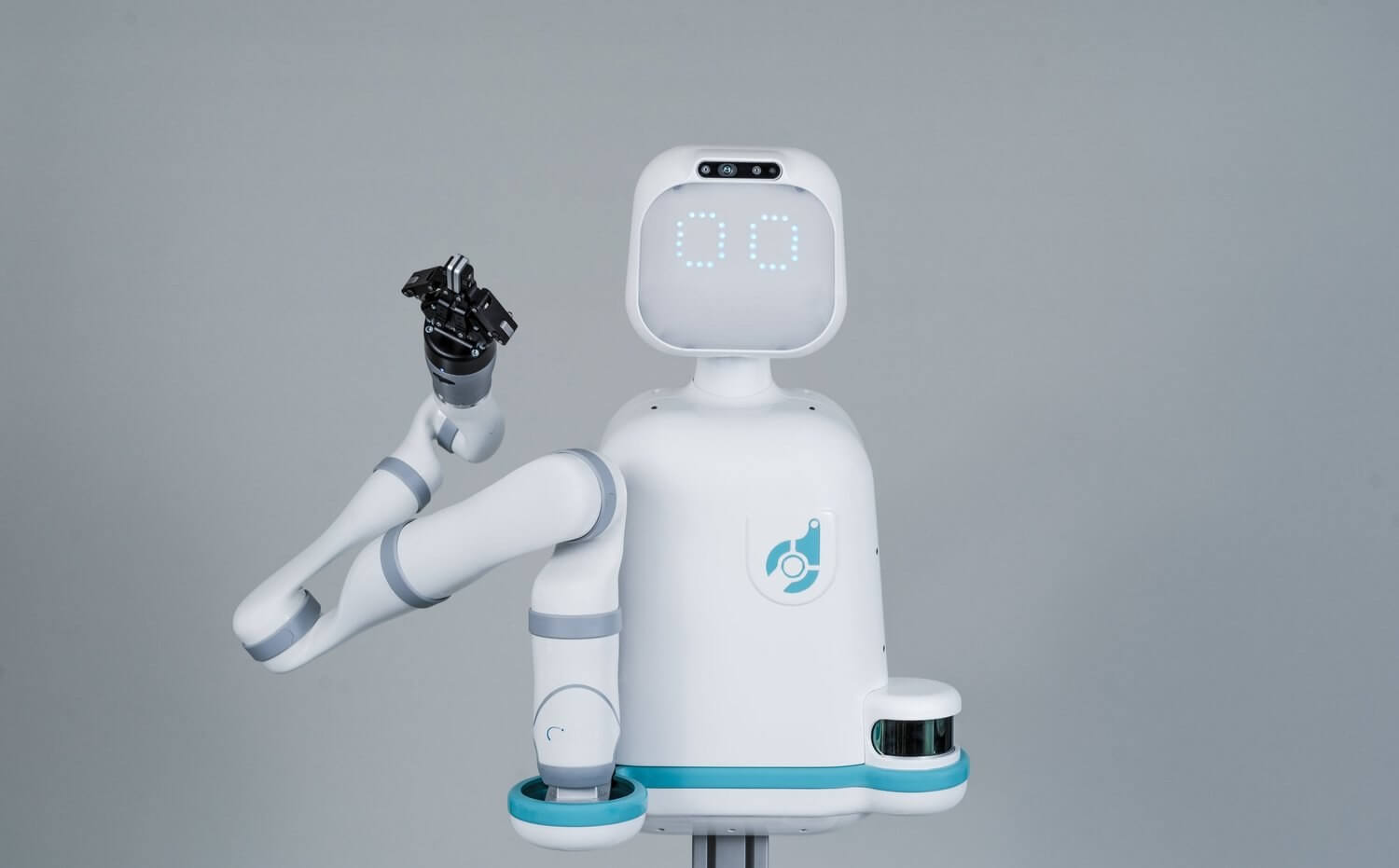Forward-looking: Texas Health Presbyterian Hospital in Dallas is the first hospital in the US to employ a robotic A.I. Its name is Moxi, and while it does not administer to patients, it does do some of the more menial tasks that nurses hate to perform like retrieving supplies.
 It has no verbal communication skills. However, Moxi is socially literate and can convey how it’s feeling through facial expressions. It can also wave hello at appropriate times.
It has no verbal communication skills. However, Moxi is socially literate and can convey how it’s feeling through facial expressions. It can also wave hello at appropriate times.
“We want to learn where nursing intersects with socially and artificially intelligent robotics in the daily processes of caring for patients and families, really investigating how this kind of technology can help nurses focus more on the direct needs of our patients by alleviating the more routine, non-clinical duties of caregivers,” Cole Edmonson with Texas Health Resources told CBS.
Indeed, the turnover rate in nursing is high. Not only is there the day-to-day stress of patient care, but up to 30 percent of their shift can be spent fetching medical supplies. It is estimated that this equates to about 8-10 miles of running per day.
“Nurses and other caregivers want to spend more time with their patients and on high-value work that improve outcomes at the end of the day,” said Edmonson. “By participating in this project, we are creating the future today and setting a national research agenda that will create a path forward for caregivers and robots working side by side in a human environment.”
The robot was designed by Diligent Robotics and is being provided to the hospital as a research project. The company hopes to gain insight into the interactions between robots and humans in a clinical environment.
“Our vision at Diligent Robotics is to enhance the relationships between people and technology, so technology supports the positive work people do,” said Diligent’s CEO and co-founder Andrea Thomaz. “We’re thrilled to pilot Moxi at Texas Health Dallas and work with their amazing team to evaluate the impact Moxi could have.”
During the pilot program, Moxi will work alongside its “Innovation Team” from Diligent as well as nurses and doctors in a neurology and stroke unit at Texas Health. During this time the robot will be tasked with support activities assigned by the clinicians and techs.
The pilot will occur in two phases. Phase one has already been completed. It was a one-week trial last month just to get Moxi introduced and accustomed to hospital staff. It will remember people. Phase two is a one-month hands-on evaluation beginning this month.
If the pilot is successful, Moxi could deploy to other Texas Health facilities.
Correction: I previously referred to Moxi as a robotic nurse. To be clear, the robot is not a nurse. That would require a degree and a license.
According to Texas Health Resources, "Moxi is part of a research project to determine whether it can use artificial intelligence technology to autonomously fill shelves in supply rooms, set up and stock patient rooms, run labs and perform other tasks normally handled by nurses and staff."
Apologies for any confusion.
https://www.techspot.com/news/76780-robotic-nurses-could-thing-if-pilot-program-texas.html